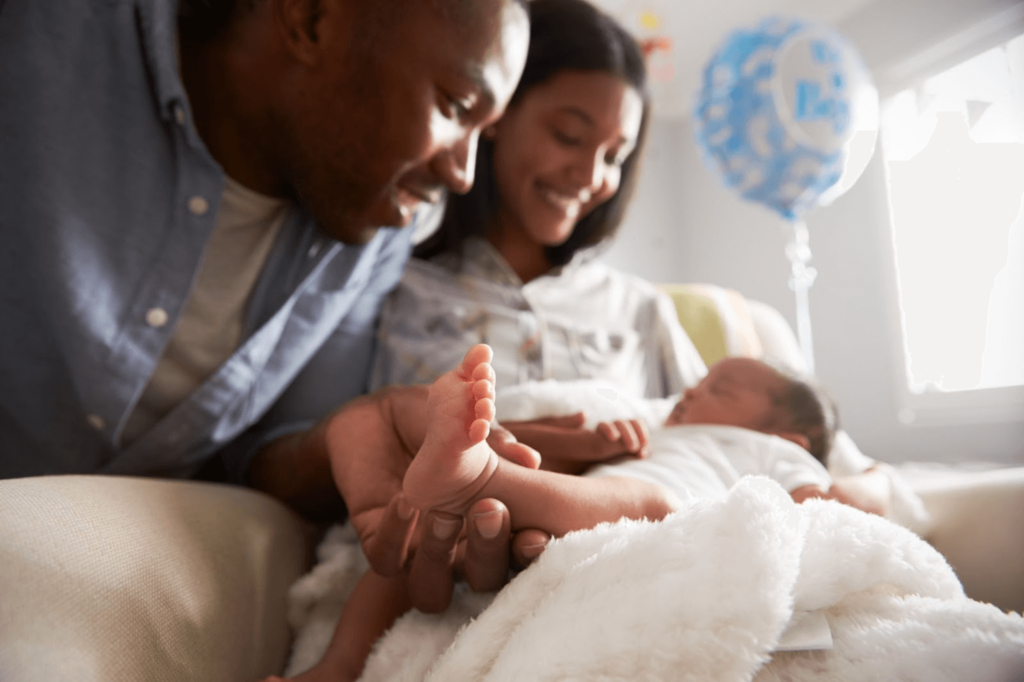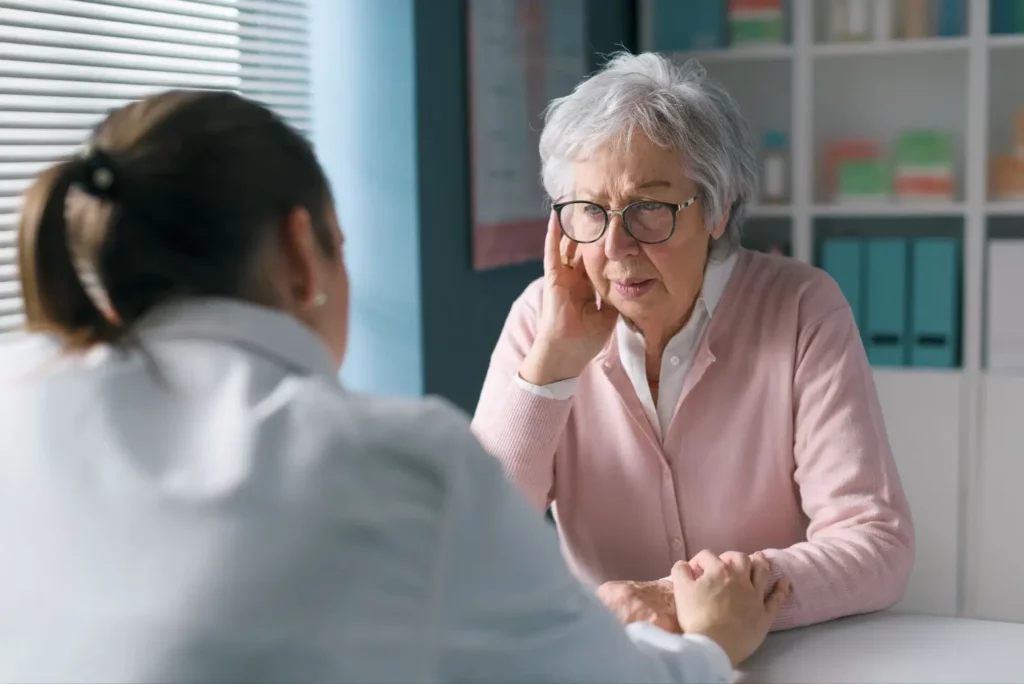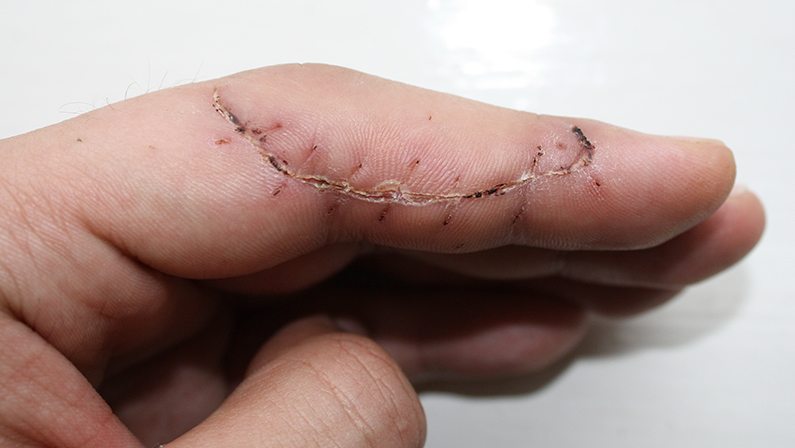When you’re a new parent, taking care of your baby can be overwhelming. There are too many things to prepare and think about like your baby’s food, clothing, and activities for development. However, many parents also tend to overlook the importance of safety. In fact, CDC reports that “injury is…the leading cause of death for children and teens in the United States.”
While this is alarming, it is also preventable. To help new parents protect their babies during Baby Safety Month and every single day of the year, here are six things you can do to keep your baby safe:
Place your baby’s crib away from the windows and other furniture
Placement is important. Windows may be a great way to let in natural light or the breeze, but the dangling cords or curtains may cause strangulation, and an open window may cause your baby to fall.
The same goes for other furniture that can potentially fall or topple over the crib, like a shelf or a cabinet. To prevent accidents like these from happening, make sure you set up your baby’s crib away from the windows or other furniture.
Install a working smoke alarm on every level of your home
House fires are more common than you think. According to the National Fire Protection Association, “US fire departments responded to an estimated average of 346,800 home structure fires per year.”
To make sure you protect your baby and your entire family, install a working smoke alarm on every level of your home. By warning you during the early stages of a fire, reduces the risk of injury and gives you more time to head to safety.
Make certain that your baby’s car safety seat is installed correctly
Since babies’ bones and spine are still developing, they are at greater risk of injury in car accidents. This is why it is important to make sure their car seat is safely and correctly secured.
Here’s how you can do it:
- Check if the car safety seat is expired. If you can’t get your hands on a brand new car seat for your baby, make sure the one your baby will be using isn’t too old or hasn’t been in a car crash.
- Place the car safety seat in the center back seat and away from the airbags. Not only does this provide you better access to your baby, it also makes sure they are furthest from any sort of impact during a crash.
- Read and follow the car seat manufacturer’s instructions and make sure the car seat is latched securely.
- Check for a snug fit. A properly installed car seat should not move more than an inch when pushed or pulled.
Do not leave your baby alone on changing tables, beds, sofas, or chairs
Never leave your baby unattended in places where it might fall. When you need to grab something or when you’re just tempted to step away for a moment, you can either bring your baby with you or leave them to someone you can trust. You can also try setting them on a toweled or blanketed floor, away from hazardous objects like wires or small toys.
Use gates on stairways and close doors to keep your baby out of rooms where he or she might get hurt
Babies and toddlers can be very adventurous, so it is essential to childproof your home. This way they won’t fall or get into an accident. Closing doors and installing safety gates on stairways and certain parts of your home can help reduce the risk of injury for your child.
NEVER carry your baby and hot liquids, such as coffee, or foods at the same time
When you’re busy, it can be tempting to carry everything at the same time. However, you should never carry your baby when you’re also carrying hot liquids or food that can potentially burn or scald them. Make that extra trip if you must.
NEVER leave small objects within your baby’s reach, even for a moment
Babies love reaching out for objects and shoving them into their mouths. So while it might seem negligible, keep small objects away from your baby’s reach to prevent choking or poisoning.
Parents play an essential role in keeping children safe. For Baby Safety Month, parents can explore ways to protect their babies both inside and outside of their homes, starting with these six tips.








